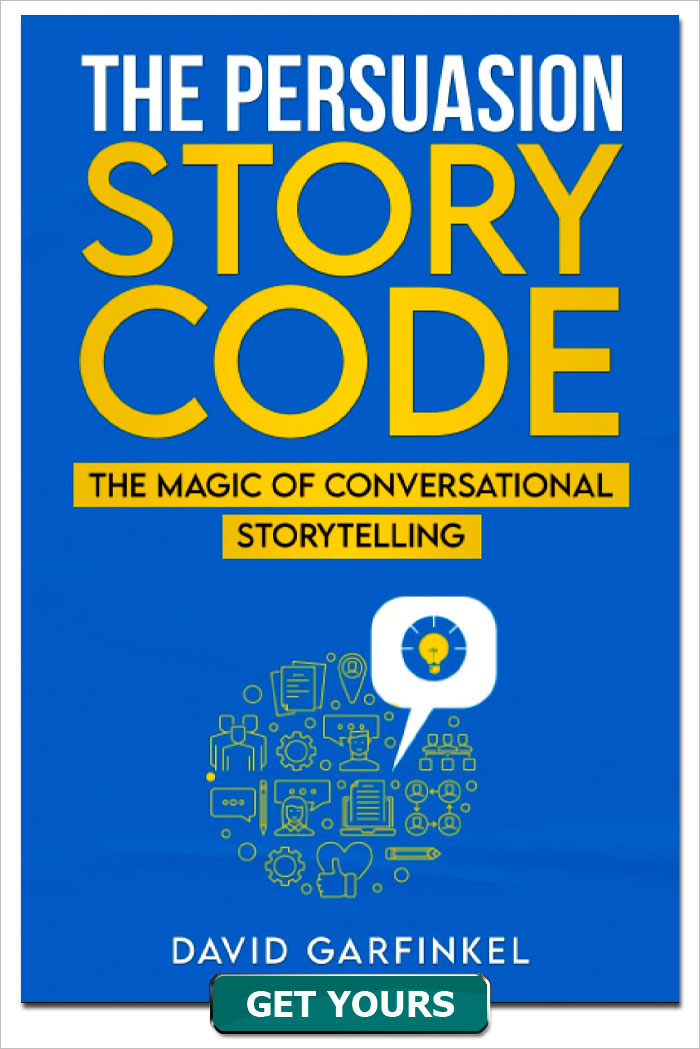Creativity Tips from Alex Osborn - Old Masters Series
Published by: David Garfinkel on 04-24-2023
Tweet
Today we return to Old Masters Series with a guy I’m going to call The Godfather of Creativity, Alex Osborn.
He’s best known for inventing brainstorming, which was first used at his advertising agency BBDO (the O was for Osborn). But he has done a lot more than that. For example, in 1954 he co-founded the Creative Education Foundation.
And he’s written a number of books. The best-known one was the bestseller Your Creative Power. However, a lesser-known book, Wake Up Your Mind: 101 Ways To Develop Your Creativeness, is what we’re going to use today to get into some really interesting, practical ideas about creativity and writing copy.
First, we went over over a few things about creativity as we define it. First of all, creativity is not coming up with harebrained ideas like lizards that play golf to sell life insurance. Not in the way we’re talking about today.
Creativity is finding better ways to get a prospect excited about and committed to buying what you are selling. No lizards required or desired.
Second, in his book, Osborn says something dear to my heart: Schools teach the wrong things for creativity. This was back in the day; this book was published in 1952. I don’t know what schools teach these days, but, if the main purpose of school is to teach kids to score high on standardized tests so they can get into a platinum-level college, that works against developing creative abilities.
Someone named Burdette Ross Buckingham wrote a book in 1926 called “Research for Teachers,” and Osborn says ever since that book came out
“educators have increasingly leaned on statistics. This has led to accumulation of facts, and deprecation of the generation of ideas.”
He goes on,
“Creativity necessarily lacks exactness.”
One of the guiding questions of schools is, “Can it be tested?”, and Osborn
says this question gets in the way of schools developing creativity skills.
That is, since creativity is not exact, so you can’t test or measure it.
Now science, technology, engineering and math are survival skills in the jobs economy these days, but remember that the people who built the companies that hire all those people, had far greater imaginations than most of their employees. That is, they have much better practical creativity skills, among other things, than your average bear. Something to think about.
The third thing that’s really important before we got into these seven steps of creativity: In real life creativity may not work this way exactly, and Osborn says so in his book. Sometimes you take these steps out of order. Sometimes you don’t take all of them. He writes:
“The more I study and practice creativity, the surer I feel that its process is necessarily a stop-and-go, a catch-as-catch can, a ring-around-the-rosie; and the more I doubt whether it can ever be ‘exact’ enough to rate as scientific.”
Osborn says, “The most we can honestly say is that it usually includes some or all of these phases.”
I would have to agree. There’s no set formula for creativity, but knowing these seven steps will put you in a better place to come up with profitable creative ideas than not knowing them will.
Osborn had an unusual comment about the importances of mental and emotional effort in creativity. He says
“Writers recognize as ‘rhythms of creativity,’ the ups and downs of their power to produce. Since each person’s talent is the same from day to day, those cycles must be solely cycles of energy—a fact which helps prove how dependent upon our drive creativity can be.”
We then proceeded to go through Osborn’s Seven Steps, and added a tip about reading books a special way to increase your creativity. A good show, well worth taking in.
Link to the out-of-print 1952 book this podcast is based on:
Wake Up Your Mind-100 Ways To Develop Creativeness, by Alex Osborn
https://www.amazon.com/Wake-Your-Mind-Develop-Creativeness/dp/B0000CI7JO
Keywords: creativity copywriting









